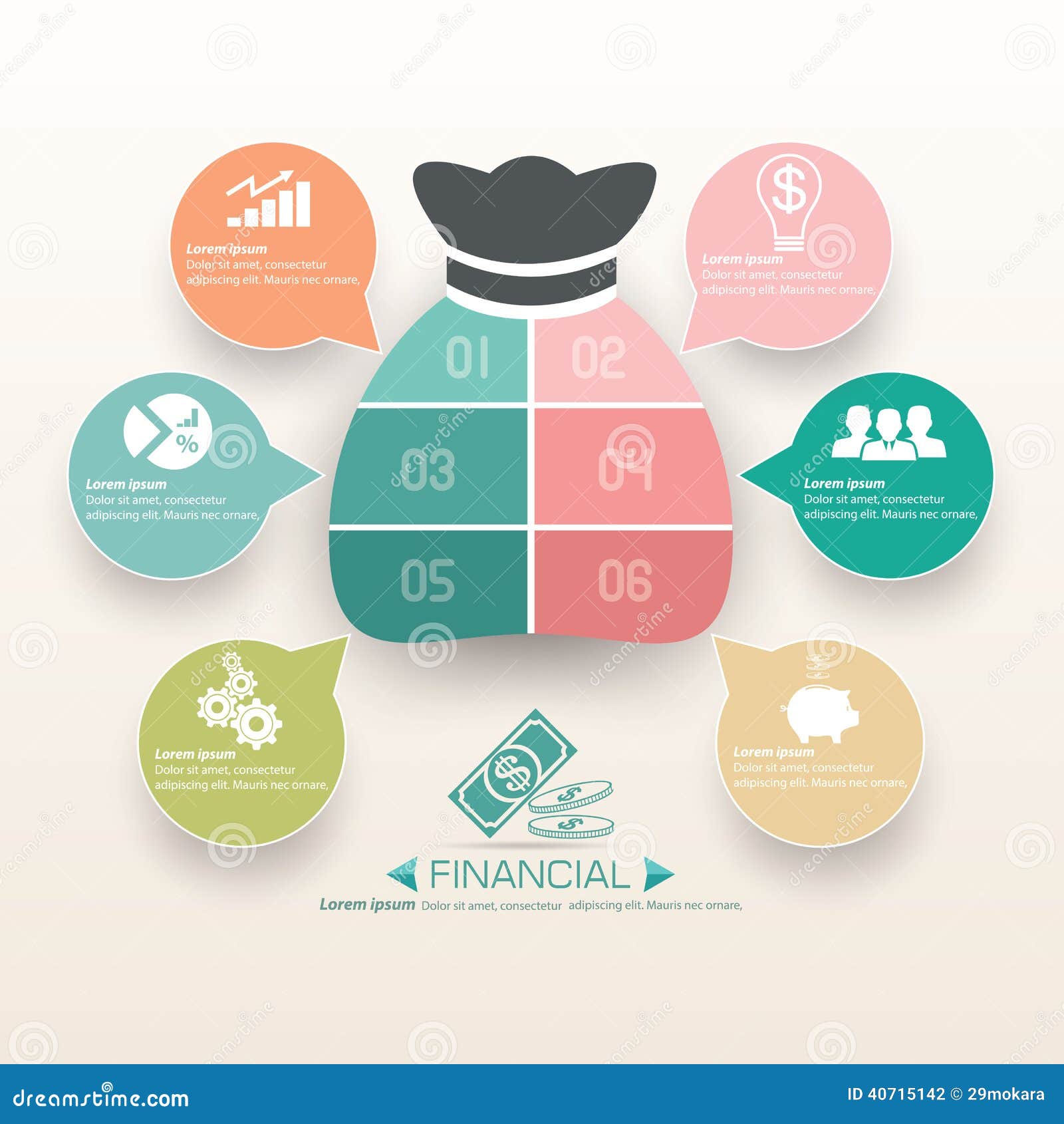Defaulting On An Efficiency Bond Can Have Significant Financial Consequences.This Can Lead To A Range Of Economic Effects, Including:
Defaulting On An Efficiency Bond Can Have Significant Financial Consequences.This Can Lead To A Range Of Economic Effects, Including:
Blog Article
Created By-
When a surety problems a performance bond, it guarantees that the principal (the celebration who acquires the bond) will certainly fulfill their obligations under the bond's terms. If the primary fails to fulfill these commitments and defaults on the bond, the guaranty is in charge of covering any type of losses or problems that result.
1. Loss of reputation: Defaulting on an efficiency bond can harm the principal's credibility and trustworthiness, making it more challenging to secure future business or funding.
2. Legal and administrative prices: The surety may need to pay lawful and administrative expenses related to going after the principal for damages or attempting to remedy the scenario.
3. Financial losses: The guaranty might require to cover the expense of finishing the job or offering the solutions that the principal stopped working to deliver. This can result in considerable financial losses for the surety.
4. Enhanced premiums: If the principal has a history of back-pedaling efficiency bonds, they might be required to pay greater premiums in the future to get the necessary bonding.
On the whole, back-pedaling a performance bond can have serious economic repercussions for both the principal and the surety. It's important for principals to carefully consider their responsibilities and ensure they are able to satisfy the regards to the bond to prevent these negative results.
Back- learn here can be a pricey error for businesses. When you fall short to satisfy the bond's obligations, the economic repercussions can be substantial. From paying the complete bond total up to potential legal fights and harmed connections, the consequences can resound throughout your business operations. Understanding the detailed internet of monetary impacts that back-pedaling a performance bond can have is critical for safeguarding your business's financial health and credibility.
Financial Penalties for Defaulting
If you default on a performance bond, you'll likely encounter significant financial penalties. These fines can differ depending on the terms of the bond contract however often involve paying the bond amount completely to the obligee. This suggests that if you fail to satisfy your legal obligations, you should pay the bond amount to the project owner or the entity that required the bond.
In addition, you may likewise be responsible for any type of additional costs incurred by the obligee because of your default, such as finding a replacement contractor or covering job delays.
Back- performance bond premium can additionally result in legal fees and court prices if the obligee determines to take legal action versus you to recover the bond amount. These expenses can quickly accumulate, further worsening the economic influence of your default. It's important to thoroughly evaluate and comprehend the terms of the efficiency bond to prevent these extreme financial penalties.
Influence On Service Capital
Back-pedaling an efficiency bond can substantially affect your company capital, influencing economic security and operational capabilities. When you back-pedal an efficiency bond, you take the chance of losing the bond amount, which can be a considerable sum. This loss straight impacts your capital, as you'll need to discover alternate sources of funding to cover the bond quantity. Furthermore, failing can lead to boosted analysis from sureties, making it tougher and a lot more pricey to protect bonds in the future. This can better strain your capital as you might need to allot additional resources to fulfill bonding needs.
The influence on your cash flow does not quit there. Defaulting on a performance bond can likewise lead to job delays or cancellations, resulting in a loss of revenue. Additionally, the adverse track record that comes with defaulting can discourage possible clients, additionally reducing your cash flow. Overall, defaulting on an efficiency bond can have damaging effects on your service's financial wellness and capacity to operate efficiently.
Lawful Implications and Claims
Facing lawful implications and potential legal actions due to back-pedaling a performance bond can substantially impact your service's track record and monetary standing. When you back-pedal an efficiency bond, the surety business may take legal action to recover the bond quantity paid out. This can cause costly lawful costs, court costs, and possible negotiations or judgments versus your service.
Additionally, back-pedaling an efficiency bond may cause damaged relationships with clients, subcontractors, and distributors, impacting your capability to protect future contracts. Legal actions developing from bond defaults can taint your organization's trustworthiness in the sector, making it challenging to draw in new companions or clients.
Additionally, if the default leads to a court judgment versus your organization, it might result in asset seizure or liens, further stressing your monetary security. Therefore, it's essential to understand the lawful implications of back-pedaling a performance bond and take proactive steps to mitigate the risks entailed.
Verdict
As you deal with the repercussions of defaulting on an efficiency bond, remember this: it's like strolling a tightrope without a safety net. One incorrect action can send you dropping right into a financial freefall, without method to quit the fall.
The punitive damages, capital effect, and legal implications are all waiting to catch you if you mistake. So tread thoroughly, and always honor your dedications to avoid the rough consequences of default.
